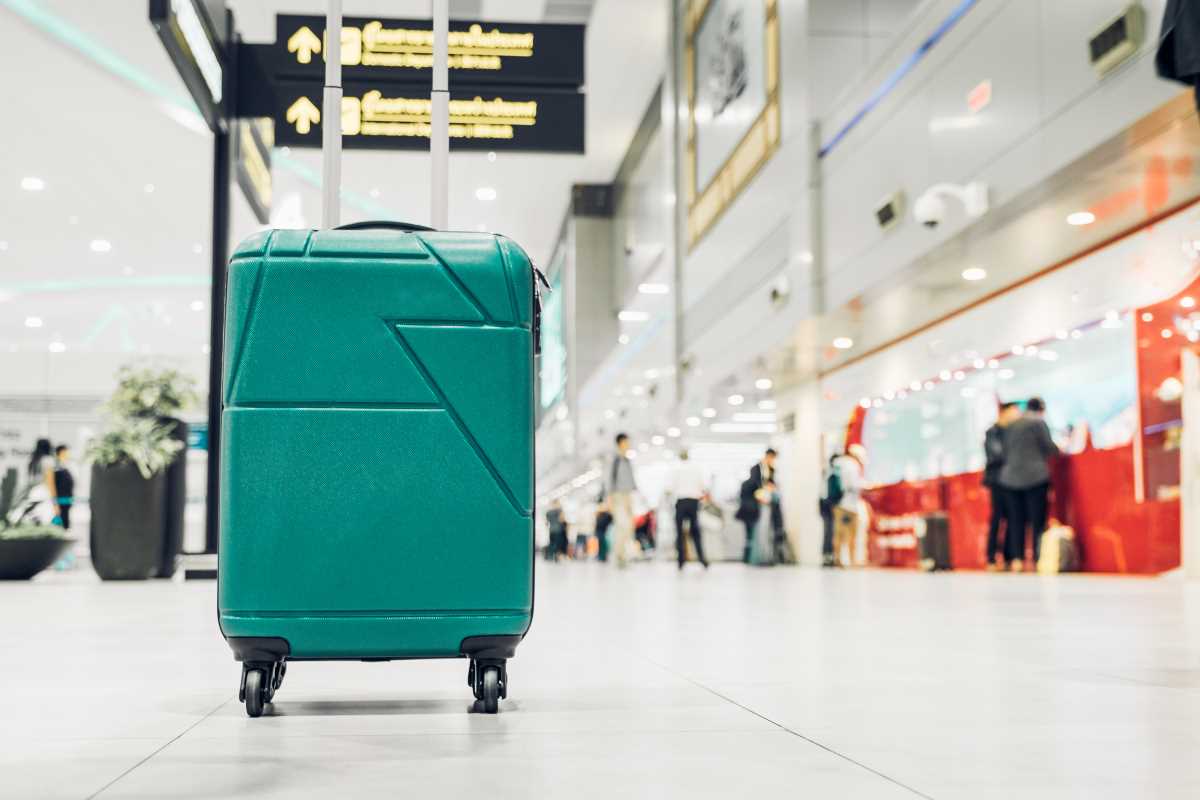Traveling across time zones is one of international travel's most thrilling yet challenging aspects. Whether you’re crossing multiple time zones for business or pleasure, jet lag can put a serious damper on your adventure. This temporary condition occurs when your body’s internal clock, or circadian rhythm, gets out of sync with the time zone you’ve traveled to. Jet lag symptoms often include fatigue, difficulty sleeping, headaches, and digestive issues. Fortunately, there are several strategies you can use to reduce or prevent jet lag, so you can arrive at your destination feeling refreshed and ready to explore.
Adjust Your Sleep Schedule Before You Leave
One of the most effective ways to prepare your body for a new time zone is to gradually shift your sleep schedule in the days leading up to your trip. This gives your body time to adapt to the new time zone in a less abrupt manner, minimizing the effects of jet lag.
- Shift Your Sleep in Small Increments: Start adjusting your sleep schedule about three to five days before departure. If you're flying east, try going to bed an hour earlier each night. If you're flying west, aim for an hour later bedtime. Gradually shifting your sleep in this way will help your body adjust more easily.
- Mimic the Time Zone: If you’re able, adjust your eating and sleeping times to match your destination's time zone. This will help your body begin to align with the new time zone even before you leave.
Although this process might feel challenging at first, it can help ease the transition when you land, so you’re not dealing with the shock of an immediate time zone change.
Stay Hydrated During Your Flight
Dehydration is a common factor that exacerbates jet lag, as it can make you feel more fatigued and uncomfortable. Airplane cabins tend to have low humidity levels, which can lead to dehydration, leaving you feeling sluggish and drained after your flight. Proper hydration can significantly reduce the intensity of jet lag.
- Drink Plenty of Water: Bring a reusable water bottle to fill up once you're through security. Aim to drink water regularly throughout the flight. Try to avoid too much caffeine or alcohol, as these can dehydrate you further.
- Avoid Excessive Caffeine and Alcohol: While caffeine may seem like an energy booster, it can disrupt your sleep patterns and worsen jet lag. Similarly, alcohol may make you feel drowsy initially, but it interferes with the quality of your sleep and can lead to dehydration.
By staying hydrated, you’ll maintain your energy levels and reduce some of the discomforts associated with long flights.
Expose Yourself to Natural Light Upon Arrival
Natural light strongly influences your body’s internal clock. Once you arrive at your destination, one of the best ways to help your body adjust to the new time zone is to expose yourself to daylight.
- Spend Time Outdoors: If you arrive during the day, try to spend time outside, especially in the early morning or afternoon. Sunlight helps regulate your circadian rhythm, telling your body when it’s time to wake up and when it’s time to wind down.
- Use Bright Light for Eastward Flights: If you're traveling east, aim to expose yourself to light in the morning. This helps shift your body’s internal clock earlier, making it easier to adjust to the local time zone.
- Avoid Light in the Evening for Westward Flights: If you're traveling west, expose yourself to light in the afternoon and evening. This helps reset your body clock to a later schedule, aligning with your destination's time zone.
Upon arrival, making an effort to get plenty of natural light will help reset your circadian rhythm and reduce the severity of jet lag.
Take Strategic Naps
While it might be tempting to sleep for hours once you arrive at your destination, long naps can actually hinder your body’s ability to adjust to the new time zone. However, short naps can be a useful tool for combating fatigue without disrupting your sleep schedule.
- Keep Naps Short and Sweet: If you feel exhausted upon arrival, take a short nap—no longer than 20-30 minutes. This helps you recharge without affecting your ability to fall asleep at the proper time later that night.
- Avoid Napping Too Late in the Day: To make sure your body adjusts to the new time zone, avoid taking naps late in the afternoon or evening. Napping too close to bedtime can disrupt your ability to sleep later on, exacerbating jet lag.
By taking controlled naps, you can recharge when needed while still allowing your body to adapt to the local time zone.
Use Melatonin to Regulate Sleep Patterns
Melatonin is a hormone naturally produced by the body that helps regulate the sleep-wake cycle. It is often used as a supplement to help combat jet lag, especially when traveling across multiple time zones. Taking melatonin can help reset your body’s internal clock and promote better sleep.
- Melatonin Supplements: Taking melatonin about 30 minutes to an hour before bedtime can help you fall asleep more easily. It is most effective when traveling east, as it helps shift your body’s rhythm forward. If you’re traveling west, melatonin can be taken in the morning to help adjust your body clock.
- Dosage and Timing: Consult a healthcare provider before using melatonin, especially if you have any health conditions or are on medication. A typical dose is between 0.5 to 3 milligrams. Taking it at the right time and in the right dosage is key to its effectiveness.
Melatonin is a safe, natural option for alleviating jet lag symptoms and ensuring a good night’s rest in a new time zone.
Maintain Healthy Eating Habits
Eating habits can significantly affect how you feel during and after your flight. Staying mindful of your diet can help you feel more energetic and reduce the effects of jet lag.
- Eat Balanced Meals: Focus on eating meals with balanced protein, complex carbs, and healthy fats. Avoid heavy or greasy foods, especially before bedtime, as they can disrupt digestion and sleep.
- Adjust Meal Timing: Try to align your meals with your destination's time zone. Eating meals at appropriate times will help regulate your body’s internal clock and make the transition smoother.
- Avoid Heavy or Sugary Snacks: Although sugary snacks can provide a quick energy boost, they often result in a crash later on. Opt for healthy, filling snacks like nuts, fruit, and granola bars to stabilize your energy levels.
Eating healthily and at the right times can greatly affect how quickly you recover from jet lag.
Manage Your Expectations and Give Yourself Time
One of the most important things to remember when traveling internationally is that jet lag doesn’t disappear overnight. It may take a few days for your body to fully adjust, and it's essential to be patient with yourself.
- Give Yourself Time to Adjust: While you may be eager to dive into your adventure, take it easy on your first day. Avoid over-scheduling and allow yourself time to rest and acclimate to the new time zone.
- Stay Positive: The symptoms of jet lag are temporary, and the sooner you embrace the process of adjusting to a new time zone, the faster you’ll bounce back. Don’t be discouraged if you feel tired or off for the first few days—your body will adjust.
By managing your expectations and pacing yourself, you can easily navigate jet lag and enjoy your travels sooner.
Use Sleep Aids and Relaxation Techniques
If you’re having trouble falling asleep at your destination, consider using natural relaxation methods or sleep aids to help you get a good night’s rest.
- Relaxation Techniques: Try deep breathing, meditation, or progressive muscle relaxation to calm your mind and prepare for sleep. These can be especially useful if you're feeling stressed or anxious about the time zone change.
- Herbal Sleep Aids: Natural sleep aids such as valerian root or chamomile tea can help you relax and improve your sleep quality. These gentle remedies may aid in your adjustment without the need for pharmaceuticals.
 (Image via
(Image via





